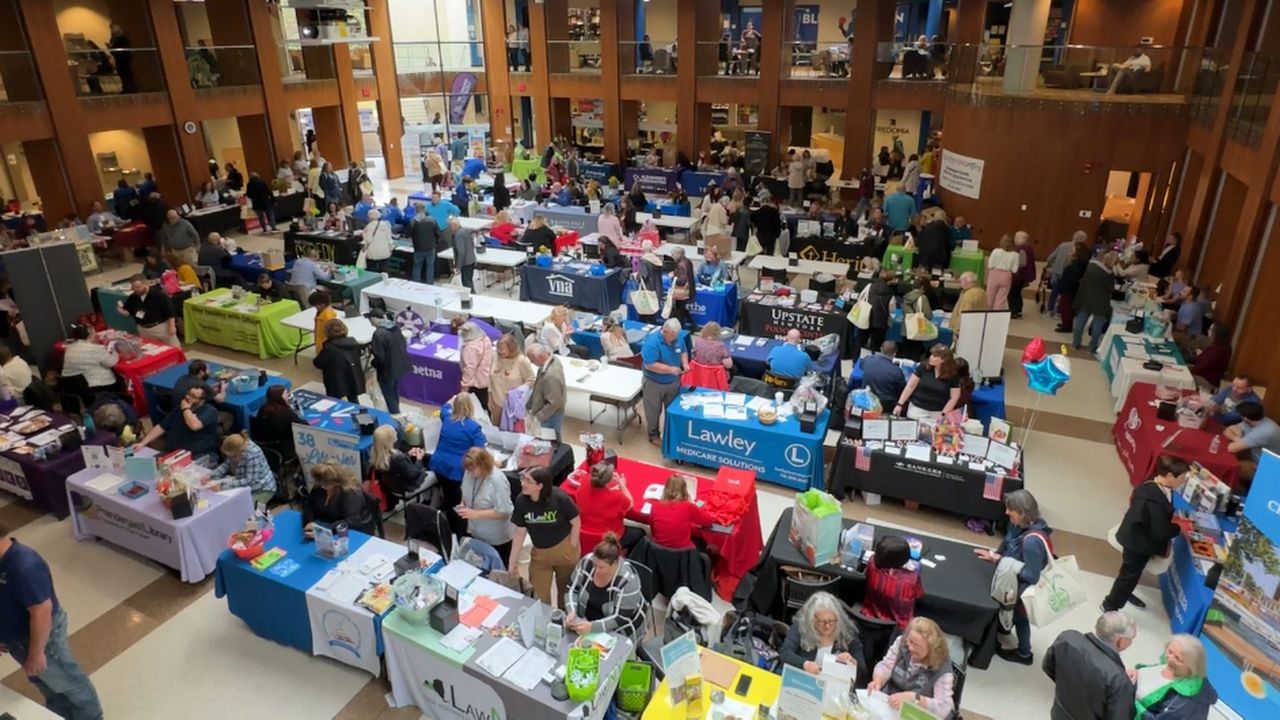Chautauqua County, N.Y. — Tom Traub has a passion for astronomy, one that has been written in the stars since he was nine.
"It's awesome. It's just learning more about the wonders of the universe," said Traub, VP, Marshal Martz Memorial Astronomical Association.
Traub serves as a board member at the Martz-Kohl Observatory in Chautauqua County and the NASA partnered eclipse ambassador program. He's leading the observatory's effort to view the eclipse, and position it's telescopes to gather images of the sun.
"Detail in the corona, which is the sun's outer atmosphere, or look at the chromosphere, which is the layer of light that's just above the solar surface, which normally you can't see unless the sun is totally covered," said Traub.
One of many telescopes to be used during the event is expected to draw an influx of people and traffic, before and after the eclipse.
"Some roads may almost be impassible. The idea here is if anybody locally can stay at home to see the eclipse, watch it from your house," Traub said.
Managing traffic has become the focus of Chautauqua County's Emergency Services Task Force, which is made up of several community partners taking a proactive approach to keeping people safe.
"Hopefully we just have a successful, safe viewing event and we don't have to enact our emergency plans and utilize our emergency equipment because if we do, that means someone is having a pretty bad day," said Noel Guttman, director of Chautauqua County Emergency Services.
Health leaders are also advising parents to protect their children's eyes.
"As the sun is dimming, there's going to be a lot of temptation to look at that eclipse. And we want people to know that, that can be damaging to the eyes, both in the short term and in the long terms," said Dr. Michael Faulk, Chautauqua County chief medical officer.
Traub and others are offering special glasses as part of the prep that goes along with getting telescopes and camera systems ready.
"You've got a very short window of time which to take a lot of images and such. And if you're not prepared for it, you can spend most of the time fumbling around, trying to take a picture and miss the event," said Traub.
This is an event that won't be seen again in New York until 2079.
The observatory is also urging people to put solar protection on the lenses of their cell phones as well. Local leaders also advise that people not schedule any appointments that afternoon.









